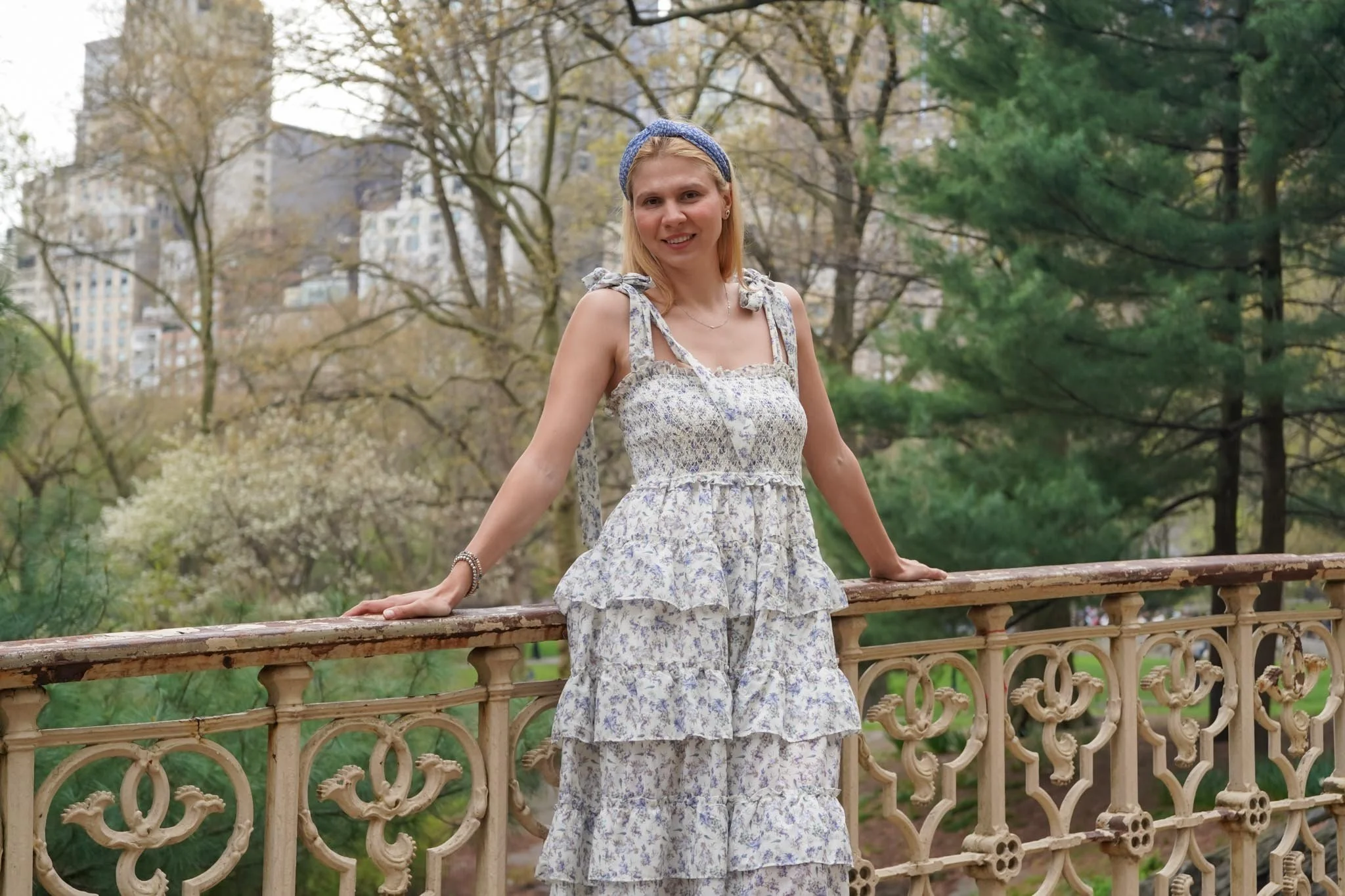The Return of the Bard in Central Park makes the 2025 Summer uniquely special
After a 2-year hiatus, the classic New York cultural staple “Shakespeare in the Park” makes its comeback.
New York - August 2 - After two long summers of silence, the boughs of Central Park once again rustle with iambic pentameter. The Delacorte Theater, a landmark of New York City’s cultural conscience, has reopened after a two-year, $77 million renovation— a necessary facelift for a space that, since 1962, has been both a temple of the arts and a civic gift to the people. Under the stewardship of The Public Theater, the return of *Free Shakespeare in the Park* is not merely the return of a beloved tradition — it’s the reaffirmation of the idea that art, when given freely and thoughtfully, belongs to everyone.
Photo by Joseph Ralph Fraia
"She's beautiful, and therefore to be wooed; She is a woman, therefore to be won."
Built at the height of a 20th-century American cultural optimism, the Delacorte was born out of Joseph Papp’s radical (yet deeply traditional) belief: that Shakespeare, and theater in general, should not be the privilege of the elite, but a common good. Papp’s legacy—like that of the Bard himself—is a legacy of open access and universal themes: power, love, betrayal, identity, mercy, and mortality. It’s these themes that echo more urgently than ever in a world that seems increasingly unable to speak to itself across difference.
Photo by Joseph Ralph Fraia
"Kindness in women, not their beauteous looks, Shall win my love."
The renovation of the Delacorte is a physical renewal, yes—new seating, improved acoustics, a sustainable infrastructure—but it’s also a philosophical one. In an age when cultural institutions are tempted (or pressured) to surrender classical integrity in favor of trendy ideological posturing, The Public’s choice to reopen with “The Tempest” is significant. The play, a late and luminous meditation on power, forgiveness, and the magic of storytelling, affirms both the resilience of the canon and the relevance of its questions.
Photo by Joseph Ralph Fraia
"From women's eyes this doctrine I derive: They sparkle still the right Promethean fire; They are the books, the arts, the academes, That show, contain and nourish all the world."
Too often lately, we’ve seen Shakespeare—and the Western canon writ large—weaponized by activists with agendas that have little to do with art and everything to do with ideology. In the name of diversity and inclusion, productions are revised, mangled, or stripped of nuance, as if the greatest playwright in the English language required improvement. In these cases, "equity" becomes the velvet glove over the iron fist of erasure.
Let us be clear: Shakespeare was and remains a pillar of Western civilization—a voice of moral clarity, artistic genius, and timeless insight into the human soul. His works do not need to be reshaped to match the politics of the moment; they have endured because they speak to eternal truths, not fleeting ideologies. To tamper with the text in the name of modern agendas is to show not progress, but disrespect — for the author, the audience, and the tradition that shaped us. We should approach the canon with humility, not hubris; our task is to preserve its wisdom, not to rewrite it. Art, especially art of this caliber, must serve as a moral and cultural compass — not a mirror for every passing fashion.
Photo by Joseph Ralph Fraia
"Do you not know I am a woman? When I think, I must speak."
The Delacorte’s rebirth is not just a new beginning—it is a return to form, a recognition that free access to culture must not come at the cost of artistic excellence or historical authenticity. In this way, The Public Theater has done something quietly heroic: it has respected its audience enough not to pander, and respected its material enough not to mutilate it.
To honor the return of Shakespeare to Central Park, I have collaborated with Livein Magazine on an intimate and joyful photo editorial centered on Miranda, the heart and conscience of The Tempest. Shot in natural light, the series captures a quiet reverence for innocence, virtue, and discovery — themes Miranda embodies with grace and gravity. With my lens, I wanted to linger on her solitude, her awe, and her awakening, creating a visual poem that reflects both Shakespeare’s original intent and the enduring strength of femininity rooted in dignity, tradition, and moral clarity. It is a tribute not only to the play, but to the values that shaped it.
Photo by Joseph Ralph Fraia
"Kindness in women, not their beauteous looks, Shall win my love."
The Delacorte’s return is more than the reopening of a theater—it is the reawakening of a cultural soul that refuses to forget where it came from. In a city ever-changing, it stands as a reminder that permanence, beauty, and truth are not relics to discard, but roots to defend. As the Bard himself wrote in The Tempest: “What’s past is prologue.” The stage is once again set —not to rewrite the past, but to honor it.
Article and photos by Joseph Ralph Fraia - @jrfstudio - jrfstudio.com
Model Ekaterina Romeo




